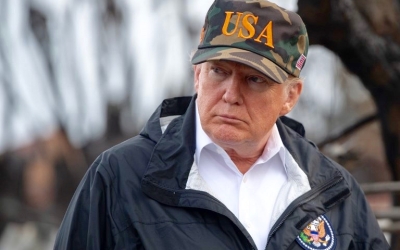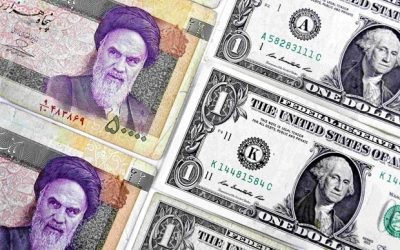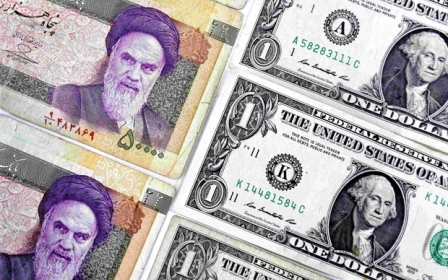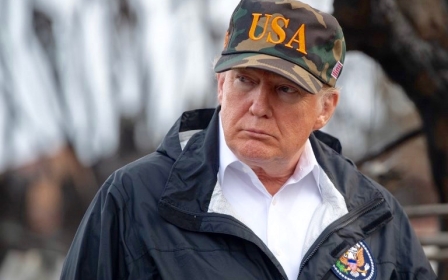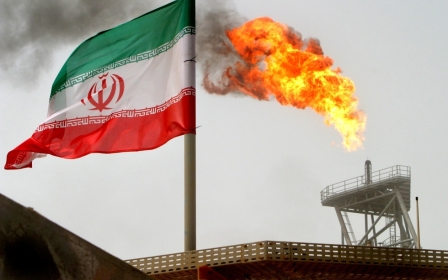EU adopts resolutions in support of Iran nuclear deal
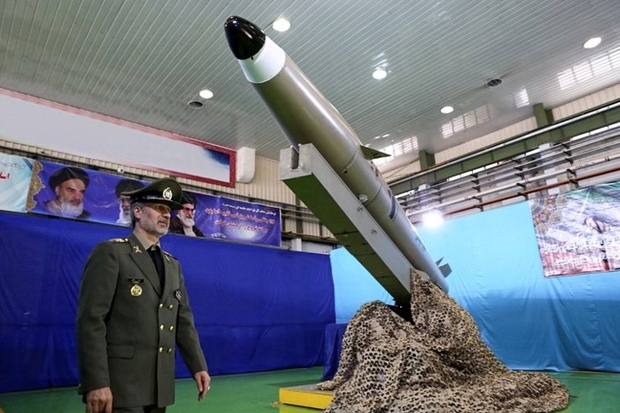
The European Union has reiterated its continued support for the 2015 Iran nuclear deal, while citing concerns about the country’s ballistic missile programme and regional activities.
In a series of resolutions adopted on Monday, the European Commission, the EU's governing body, said it was disappointed at the United States' decision to pull out of the multilateral Joint Comprehensive Plan of Action (JCPOA).
"The JCPOA is a key element of the global nuclear non-proliferation architecture and an achievement of multilateral diplomacy, endorsed unanimously by the UN Security Council," the European Commission said in a statement.
US President Donald Trump withdrew last year from the landmark treaty on Iran, pitting Washington against some of its closest European allies. Tensions increased late last year after the US reimposed economic sanctions on Tehran.
The Trump administration's hardline position on Iran also recently led to a war of words between the US president and some of the country's top intelligence chiefs, who told Congress last week that Tehran is not actively seeking nuclear weapons.
That was the justification Trump gave for withdrawing from the 2015 treaty.
CIA Director Gina Haspel told the congressional hearing that Iran is still abiding by the terms of the 2015 nuclear deal.
"At the moment technically they are in compliance" with the JCPOA, Haspel told lawmakers.
In its 12-point statement, the EU said it was committed to the landmark 2015 accord and welcomed Iran's implementation of its nuclear-related commitments.
Concern over missile tests, regional influence
However, the EU expressed concern about Iran's expansion of its missile programme, particularly its ballistic missile tests, which have been carried out in defiance of opposition from the US and other European countries.
Tehran says the programme is purely defensive. It also says its missile tests are not in violation of the resolution and denies that its missiles are capable of carrying nuclear warheads.
"The Council is ... gravely concerned by Iran's ballistic missile activity and calls upon Iran to refrain from these activities," the EU said in its statement.
"Iran continues to undertake efforts to increase the range and precision of its missiles, together with increasing the number of tests and operational launches ... These activities deepen mistrust and contribute to regional instability."
Tehran should refrain in particular from any work on missiles designed to be capable of delivering a nuclear weapon, the EU said.
A UN Security Council resolution that enshrined Iran’s 2015 nuclear deal with world powers called on Tehran to refrain for up to eight years from work on ballistic missiles designed to deliver nuclear weapons.
In its statement, the bloc also expressed concern at Iran's role in Middle East conflicts, including support for groups in Lebanon and Syria, as well as Iran's own forces in Syria.
In addition, it called on all parties involved in Yemen, including Iran, to work towards ending the conflict there.
The bloc was also critical of Iran's human rights record, highlighting its use of the death penalty and urging it to respect equal rights for women and girls and minorities.
Last week, France, Germany and Britain announced they were moving forward with a new channel for non-dollar trade with Iran to avert US sanctions on the Iranian government.
Europe's new special purpose vehicle, called the Instrument in Support of Trade Exchange (INSTEX), will be used for small trade, such as humanitarian products and food, diplomats told Reuters last week.
Middle East Eye delivers independent and unrivalled coverage and analysis of the Middle East, North Africa and beyond. To learn more about republishing this content and the associated fees, please fill out this form. More about MEE can be found here.


